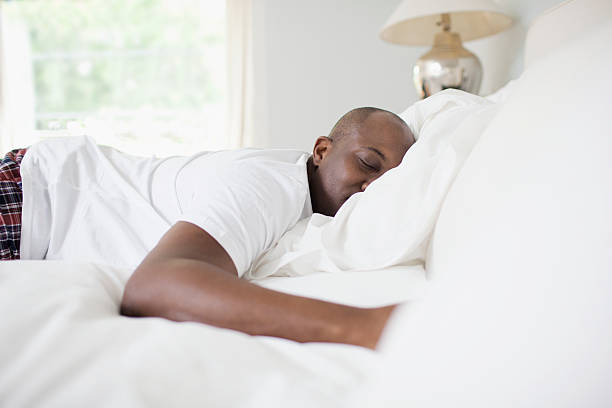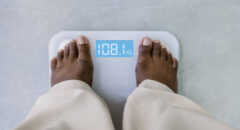
Do you move around a lot or suffer from sleep apnea? If so, you may be at risk for future heart problems, according to new research.
That problem is called left ventricular diastolic dysfunction, a precursor to heart failure. But not getting enough sleep did not appear to increase that risk, according to a study published Wednesday in the Journal of the American Heart Association.
Heart failure with preserved ejection fraction (HFpEF) – a type of heart failure that occurs when the left side of the heart muscle stiffens and can't properly pump blood to the rest of the body – makes up 60% of the 37 million cases of heart failure worldwide. "But there is no established method to prevent it," says lead study author Dr. Hidenori Koyama, a professor at Hyogo Medical University in Nishinomiya, Japan. "Our study tells us the potential importance of sleep quality for its prevention."
Prior research has shown sleep problems, including sleep apnea, are associated with an increased rate of heart failure. But little research has examined their association with left ventricular diastolic dysfunction.
Researchers analyzed sleep and heart health data for 452 adults, who were an average of 59 years old, over a nearly three-year period. They measured sleep apnea, sleep duration and how much a person moved while they slept – an indicator that sleep was restless.
People with moderate to severe sleep apnea, or who moved around a lot at night – but not those who didn't get enough sleep – were more likely to develop left ventricular diastolic dysfunction.
Among people with moderate to severe sleep apnea, about 28% later developed left ventricular diastolic dysfunction, compared with about 11% of those without sleep apnea. Among those who moved around a lot while they slept, 21% later developed the heart condition, compared with 8% of those who moved less.
RELATED: 7 Reasons Why You Can’t Sleep
6 ways to improve your sleep quality
A great deal is known about sleep apnea, a common sleep disorder, and how to treat it. Treatment options include continuous positive airway pressure machines, sleep positional therapy, oral devices worn during sleep, weight loss and surgery.
But less is known about how to address excessive movement during sleep. Koyama says many things might cause a person to move during sleep, including restless leg syndrome and a lack of deep sleep.
"There is a strong possibility that body movement during sleep represents a decline in sleep quality, such as a shortage of deep sleep time," Koyama says.
Some ways to improve sleep quality include getting sufficient exercise during the day and sleeping in a dark environment with no exposure to the blue light from smartphones and other electronic devices, he shares.
"We can't ignore the effects of poor sleep quality, which are separate from sleep duration and sleep disorders," Grandner adds. "What this study shows is that we should start thinking about how to improve sleep across multiple dimensions. Not just getting people to get enough sleep, which is a struggle in itself, but how do we get people to get better sleep quality?"
RELATED: Types Of Cardiac Procedures For Common Heart Problems
Here are some ways you can improve your sleep quality:
- Stick to a sleep schedule. Go to bed and get up at the same time every day, including on weekends. Being consistent reinforces your body's sleep-wake cycle.
- Pay attention to what you eat and drink. Don't go to bed hungry or stuffed. Avoid heavy or large meals within a couple of hours of bedtime. Use nicotine, caffeine and alcohol with precaution as well.
- Limit daytime naps. Long daytime naps can interfere with your nighttime sleep. Limit your naps to no more than one hour and avoid napping late in the day.
- Manage your worries. Try to resolve your worries or concerns before bedtime. One way to do this is by jotting down what's on your mind and then setting it aside for tomorrow.
- Exercise. Regular physical activity can promote better sleep. However, doing so close to your bedtime.
By American Heart Association








